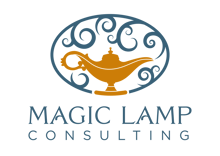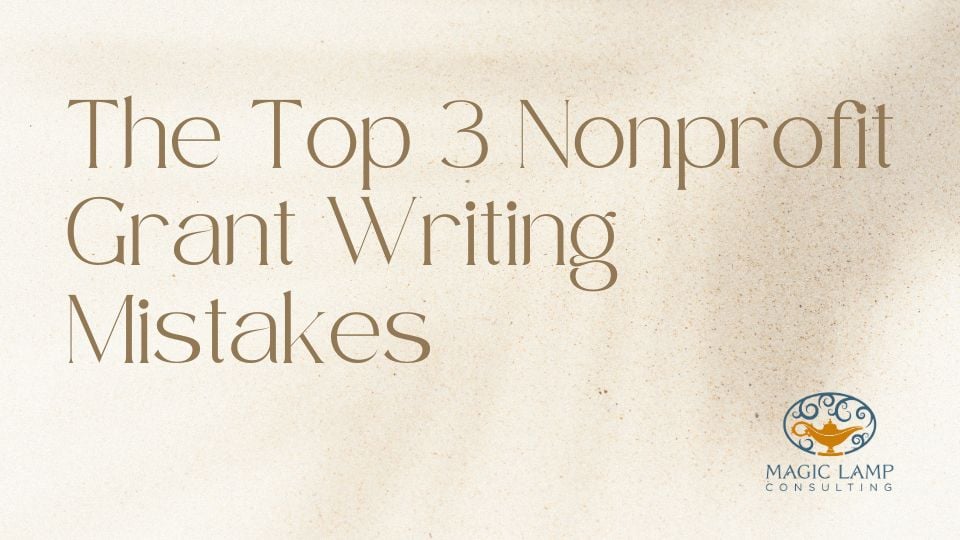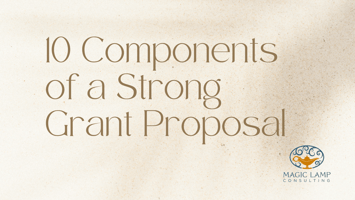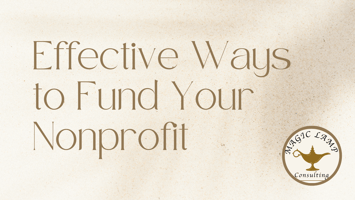The Top 3 Nonprofit Grant Writing Mistakes
Applying for grants can be daunting, especially for smaller nonprofits with limited staff and resources. However, the effort is often worth the while, as grants can provide much-needed funding to help an organization achieve its goals. That said, nonprofits frequently make some common mistakes when writing grant proposals. Avoiding these mistakes can increase your chances of being awarded a grant.
Mistake #1: Not Doing Your Research
Before writing a grant proposal, it is essential to research and thoroughly understand the goals of the grant funder to which you are applying. Researching the funder will help you determine what types of programs they typically support so that you can make sure that your proposal fits within the scope of their interests. It will also give you a sense of what kinds of ideas are innovative and new versus those that have been done before. Failing to do your research can put your application at a disadvantage, as funders may perceive your lack of understanding of their mission as a sign of poor planning or lack of commitment. Remember, research is a crucial component when writing a grant proposal!
Mistake #2: Failing to Tell a Compelling Story
Creating a powerful, engaging narrative is one of the most essential skills for anyone writing a grant proposal. After all, the primary purpose of such a proposal is to tell a story – the story of your organization, why funding your programs matters, and why you're the right organization to carry out these services and/or programs to your community. Without a clear narrative that draws in the proposal readers and holds their attention throughout the application, your program may seem dull or unimportant on paper, regardless of the actual impact the organization is making on the front lines. If you fail to tell the story effectively and compellingly, your proposal may fail.
Furthermore, with so many other worthy programs competing for funding, your grant proposal has no room for mediocre writing or disjointed storytelling. If you want to create a successful submission and give your project the best possible chance of success, focus on crafting an engaging narrative that will resonate with funders and help them connect emotionally with your vision. With careful planning and strong writing skills, you can turn your grant proposal into a compelling tale that could take your programs to new heights!
Mistake #3: Submitting a Generic Application
When submitting a grant proposal, it is important to personalize your application as much as possible. This involves tailoring the information in your application to the specific criteria outlined by the grant-giving organization and doing your research to understand what qualities they are looking for in potential grant recipients. We understand it can be tempting to take a more generic approach and submit a one-size-fits-all application, but doing so can significantly reduce your chances of being approved for a grant. In addition, you risk appearing unprepared by missing out on important details or information that may be relevant to the grant committee's interests, which can negatively impact their decision. To avoid these issues and maximize your chances of securing funding, it is always best to craft a tailored application that shows off all your qualifications and demonstrates why your organization is the ideal candidate for this grant opportunity.
Remember, Magic Lamp Consulting is always here to help. With over twenty years of experience, we take pride in the grant writing services we provide to our nonprofit clients. When you are ready, we encourage you to schedule a free consultation so we can learn more about your unique organization and current funding needs.
Mistake #1: Not Doing Your Research
Before writing a grant proposal, it is essential to research and thoroughly understand the goals of the grant funder to which you are applying. Researching the funder will help you determine what types of programs they typically support so that you can make sure that your proposal fits within the scope of their interests. It will also give you a sense of what kinds of ideas are innovative and new versus those that have been done before. Failing to do your research can put your application at a disadvantage, as funders may perceive your lack of understanding of their mission as a sign of poor planning or lack of commitment. Remember, research is a crucial component when writing a grant proposal!
Mistake #2: Failing to Tell a Compelling Story
Creating a powerful, engaging narrative is one of the most essential skills for anyone writing a grant proposal. After all, the primary purpose of such a proposal is to tell a story – the story of your organization, why funding your programs matters, and why you're the right organization to carry out these services and/or programs to your community. Without a clear narrative that draws in the proposal readers and holds their attention throughout the application, your program may seem dull or unimportant on paper, regardless of the actual impact the organization is making on the front lines. If you fail to tell the story effectively and compellingly, your proposal may fail.
Furthermore, with so many other worthy programs competing for funding, your grant proposal has no room for mediocre writing or disjointed storytelling. If you want to create a successful submission and give your project the best possible chance of success, focus on crafting an engaging narrative that will resonate with funders and help them connect emotionally with your vision. With careful planning and strong writing skills, you can turn your grant proposal into a compelling tale that could take your programs to new heights!
Mistake #3: Submitting a Generic Application
When submitting a grant proposal, it is important to personalize your application as much as possible. This involves tailoring the information in your application to the specific criteria outlined by the grant-giving organization and doing your research to understand what qualities they are looking for in potential grant recipients. We understand it can be tempting to take a more generic approach and submit a one-size-fits-all application, but doing so can significantly reduce your chances of being approved for a grant. In addition, you risk appearing unprepared by missing out on important details or information that may be relevant to the grant committee's interests, which can negatively impact their decision. To avoid these issues and maximize your chances of securing funding, it is always best to craft a tailored application that shows off all your qualifications and demonstrates why your organization is the ideal candidate for this grant opportunity.
Remember, Magic Lamp Consulting is always here to help. With over twenty years of experience, we take pride in the grant writing services we provide to our nonprofit clients. When you are ready, we encourage you to schedule a free consultation so we can learn more about your unique organization and current funding needs.





